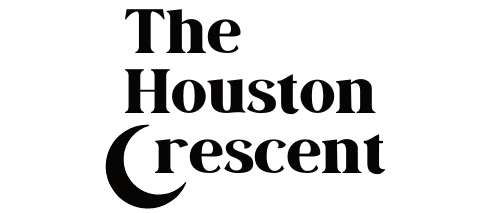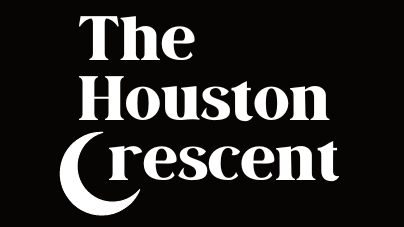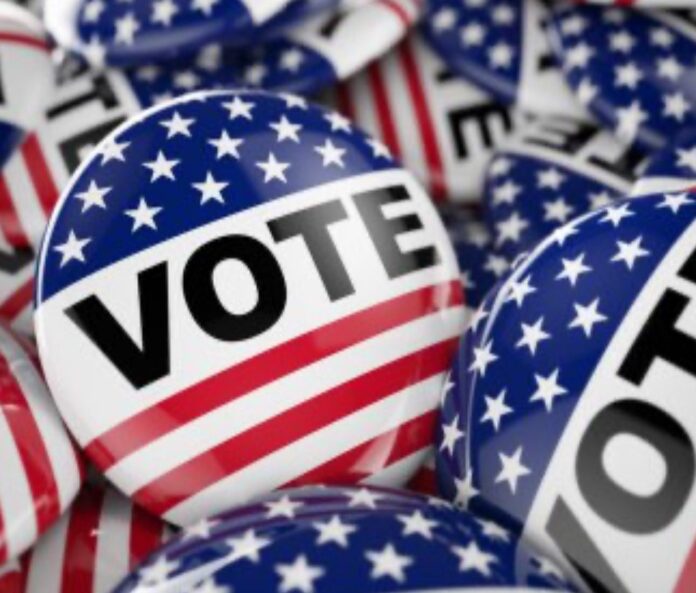Written By Zahra Gokal
With only days until Election Day, Muslim voters across the nation are divided among presidential candidates. Some wonder if turning up to the polls is worth the effort.
With the majority of Muslims debating between Stein and Harris, many say the deciding factor is the candidates’ approach to the Gazan genocide.
According to an August survey published by the Council on American-Islamic Relations (CAIR), 29.4% of Muslims prefer Democrat Kamala Harris, 29.1% prefer Green Party Jill Stein and 11.2% prefer Republican Donald Trump.
Although Harris has called for a ceasefire in Gaza, she is a part of an administration that has provided $12.5 billion to Israel since October 7, 2023. Many feel as if she is complicit in Israel’s assault on Gaza and find it difficult to separate her from President Biden. She has also stated that she will likely continue his policies when in office.
Jill Stein wants a decolonized Gaza and her stances have attracted a lot of attention from the Muslim community. Ultimately, the greatest hesitation in voting for Stein is not due to her policies or person but her unlikelihood of winning. Only 4.2% of national voters prefer third-party candidates or not voting at all. Only around 1% of voters prefer Stein.
Trump has significantly less support amongst the Muslim population. He has urged Israel to “finish the fight quickly” and is committed to continuing aid to the country. Muslims have not forgotten his Muslim Ban and Islamophobic rhetoric. Fears of a second Trump presidency have led some Muslims to support Harris.
“The community [doesn’t] want to let their brothers and sisters in Gaza down right now and, simultaneously, don’t want to be Muslim-banned in January if Trump [is] elected,” said Asma Nizami, co-chair of the Uncommitted Minnesota delegation, in a Teen Vogue article.
One question reverberating in conversations is, “Why participate in a system that doesn’t care about us?”
“I always think about the people [who] fought for me to have rights…And I think about abolition and ways to challenge systems of oppression,” said Houston community organizer Sarah Syed. “I think about how I remain spiritually grounded navigating social justice because of my faith.”
Others, like William White, Director of Houston’s CAIR chapter, have a more pragmatic approach.
“Politicians only care about one thing: donors and votes,” he said. ‘If we don’t show up, they don’t see us as an engaged community…Participation doesn’t necessarily mean we participate in the two-party system; it just means we participate. If we show that our community is active and participates in local elections, we’re showing that our vote matters.
“Statistics show who’s in a major voting block. For example, the Memorial areas of Houston are known Republican voting blocks. Conservatives would campaign in those areas,” White continued. “Sugar Land is an engaged voting block of the South Asian Muslim community. We know that based on the makeup of these neighborhoods and their frequency of voting. [Candidates are] able to see those numbers…Voting shows them this is an engaged voting block important to our democracy.”
Demographic data and voting turnout can estimate the type of people voting. Increased Muslim voter turnout demonstrates that they care, whereas a small turnout makes it unlikely for elected officials to take the Muslim voice seriously.
November’s election will have local positions on the ballot alongside presidential candidates, including the senator, representative, justice and sheriff positions. Those elected locally will have more of an impact on citizens than the president will.
“This election is particularly important in Texas because there are down-ballot hyper-local races that [directly impact] our communities at the local city, county, and state levels,” said Syed. “More Muslims and AMENASA+ (the Arab, Middle Eastern, North African and South Asian communities) are running for local races than ever.”
“The ballot in Harris County isn’t just one presidential race, it can be upwards of 50 races,” said White. “Your vote has a lot of power and can sway elections. One person may not sway the [presidential] election, but in local elections… every person matters.”
A split in Muslim organizational endorsement for Harris and Stein is adding to voters’ confusion.
In September, over three dozen American Islamic leaders including Dr. Yasir Qadhi and Imam Omar Suleiman partnered with the Abandon Harris movement to sign a letter calling on Muslims to vote third party.
“None of this is an endorsement of Donald Trump’s vile, racist agenda, which includes advancing the apartheid and genocidal interests of a foreign state while falsely claiming to put America first,” the letter read. “Rather, it is about prioritizing our faith and humanity, taking a stand for justice, and rejecting anyone who has supported, enacted, or promised to perpetuate such evil.”
Recently, Abandon Harris also endorsed Stein for president.
Emgage, a Muslim political engagement group, endorsed Harris for president in September.
“To prevent Trump from returning to the White House, Emgage Action is endorsing Vice President Kamala Harris and Governor Tim Walz for President and Vice President,” said a statement on Emgage’s website. “This endorsement is not an agreement with Vice President Harris on all issues, but rather, an honest guidance to our voters regarding the difficult choice they confront at the ballot box.”
As early voting begins (from October 21 to November 1, and Election Day on Tuesday, November 5), Syed and White have last-minute advice for Muslim voters.
“Vote tripling [helps]! If each person brings three people with them to the polls, this can certainly turn out more people to vote,” Syed said. “Welcome more civic engagement conversations into your faith spaces and do it with intention…Attend town halls and forums to learn about candidates running and ask questions to listen and learn. We forget, elected officials — they work for us.”
“Scholars in North America have encouraged every Muslim American, regardless of how they vote, that they do vote…Vote your conscience in the case of the lesser of two evils,” White said.
“Regardless of who you’re voting for, I encourage everyone to…vote early. “Make our voices heard. Vote all the way down the ballot.”


